The year is 2040, and as we enter “a math class of the future,” we are greeted by an enthusiastic teacher:
“My students are all avid video gamers, so I assigned them each to play a level of their favorite game at home. Then they bring the raw data set to class and analyze their performance… The games all allow players to review how they did in any given level–how many kills they made, how much loot they collected, how quickly they completed the level–that’s half the fun… One of the things I like best about it is, frankly, how obvious it all is. The data are plentiful and rich. It’s naturally personalized, of course–only the player herself has played that particular level in exactly that way. And it is, by definition, of great personal interest to each student since all of them want badly to improve their performance.”1
The passage is actually taken from Greg Toppo and Jim Tracy’s speculative work, Running With Robots, where they envision, not just a math class in the year 2040, but a whole brick and mortar school, from labs to libraries to Humanities classes.
But what if I told you that we need not wait for the future to see how video games serve as a platform for purposeful learning and self-development? What if I told you that purpose-driven learning, like this, is happening right now, every day at 3:30pm in the VR lab at The Mount Vernon School?
This year, The Mount Vernon School’s eSports team made it all the way to the final four competition for the Georgia state championship, ranking third in state when the season concluded. We wanted to learn more about what it takes to be a highly competitive eSports team in a state as large as Georgia, so we invited Callum, Herris, Alan, and Jameson, along with their coaches Tyler Dale and Nikolai Ibanez, to discuss their process on the Start with Questions podcast. And we were surprised by what we learned.
eSports and the Skills of the Future
What was not surprising was to hear about the “omnidisciplinary” literacies and skills that the students have to practice and apply in order to gain the competitive edge. All four boys describe how they engage in data analysis, statistical and quantitative reasoning, and strategic thinking, all while managing complex communication and collaborative teamwork in highly stressful situations.
When thinking about the competencies and capacities needed to thrive in an age of complexity, these are the skills that researchers and foresight experts most commonly identify, and they are transferable skills and literacies, or “omnidisciplinary” as Toppo and Tracy describe them. As one student put it, video games “are so much more” than a digital distraction; they are complex, competitive simulations that empower students to use relevant, valued skills that are crucial to living and working successfully in an age of uncertainty and accelerated change.
eSports “Gets Personal”
What did surprise us was how personally meaningful eSports has been for each of these unique learners. The boys discussed how video games have increased their social capital by expanding and strengthening their networks across communities well beyond the four walls of their classrooms. They told stories about entering The Mount Vernon School unsure of who they were and where they would fit in until eSports provided a place of belonging and inclusion for them.
Far from being an unhealthy practice, gaming can serve as a resource and place for positive identity development and socialization where students have an opportunity to build community and foster healthy interdependence, thereby strengthening their confidence, sense of agency, and the fact that they matter.
Don’t believe me? Come and listen to our latest episode on the Start with Questions podcast.
References:
1 Toppo, Greg and Jim Tracy (2021). Running With Robots: The American High School’s Third Century. The MIT Press, p.149-150.
